State protects landlordism
- Details
- Created: Thursday, 29 February 2024 15:41
- Written by James Martin

The rent of a home – a necessity for working class families to recuperate between the hours of work – has risen to crisis levels. Under capitalism, lack of housing is a constant threat to the working class, but in Britain for the 35 years after the Second World War, the working class successfully demanded state provision to ease its lot. In that period, local authorities and housing associations built 4.4 million social homes, at an average of more than 126,000 a year. However, by 1980 the ruling class had returned to the offensive, to cut the cost of sheltering its workforce. James Martin reports.






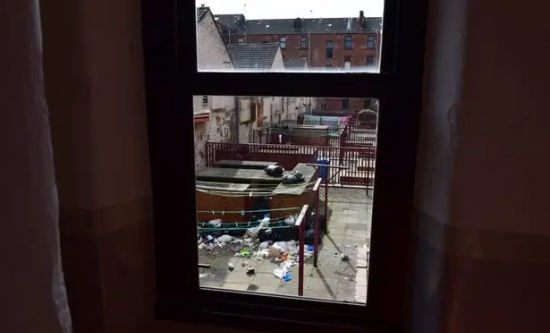
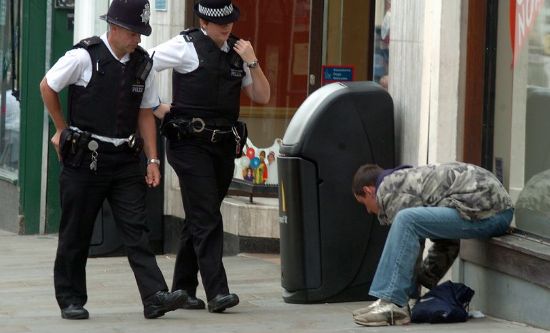



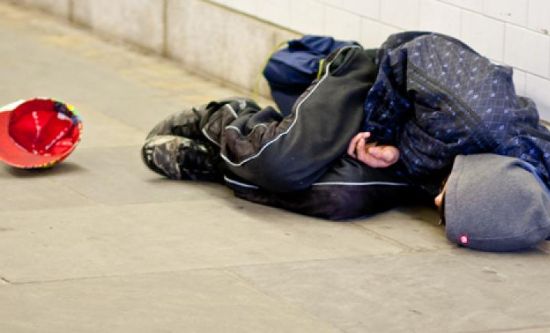
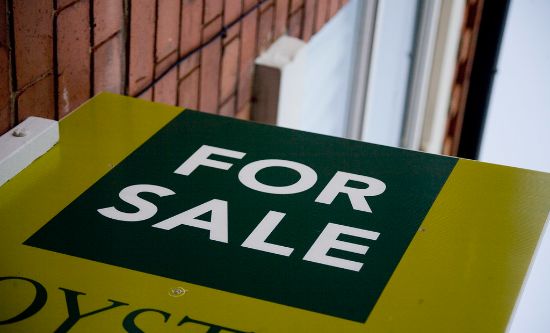

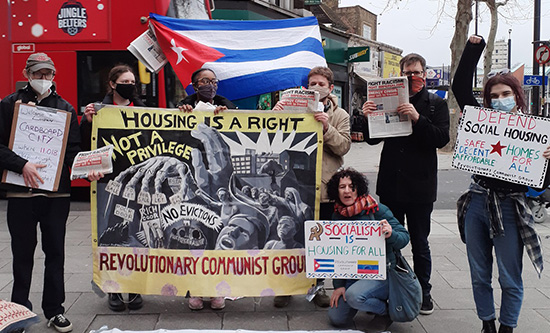


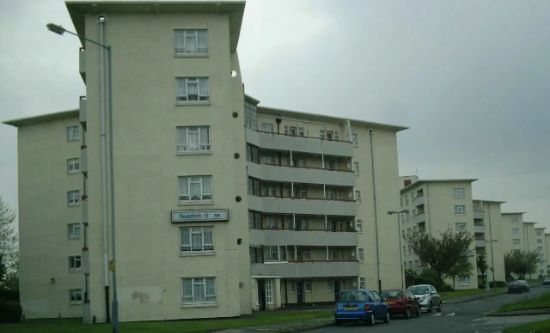
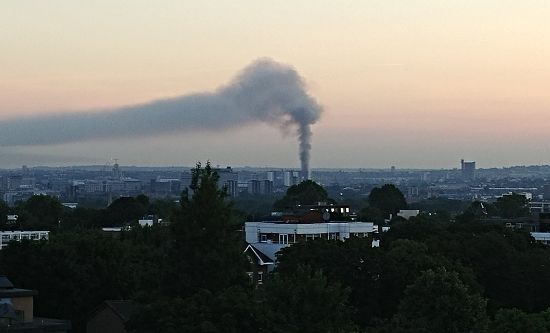

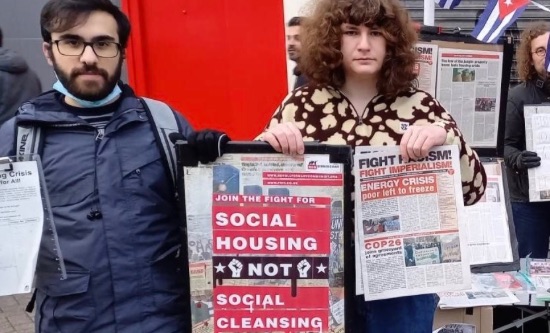

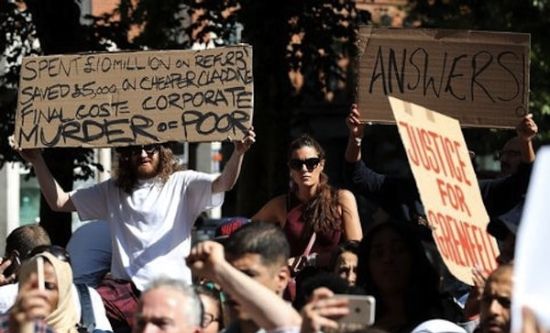
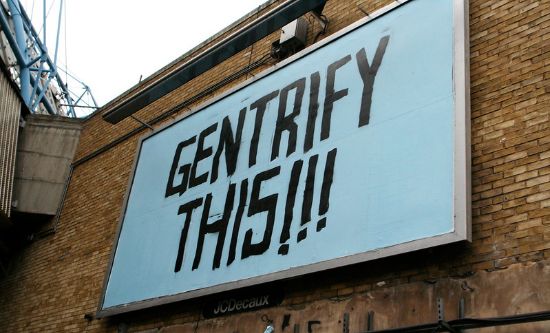


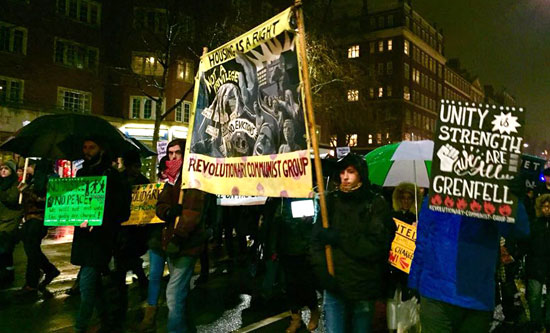
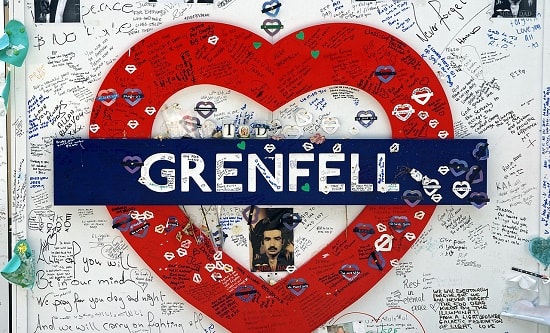
![Rough sleepers with a sign 'covid has made all my donations disapear [sic]]](/images/britain/housing/covid_homelessness.jpg)




